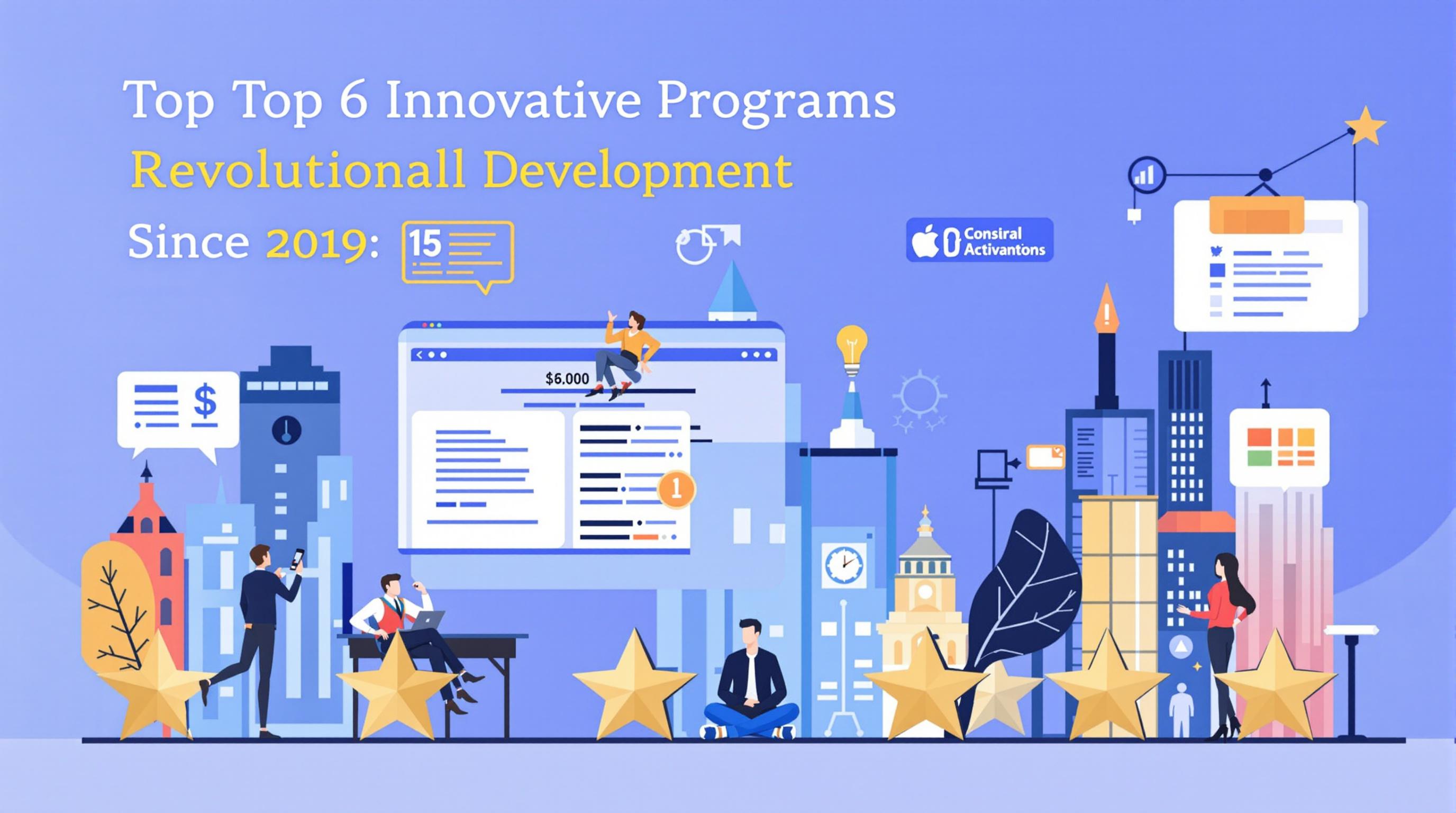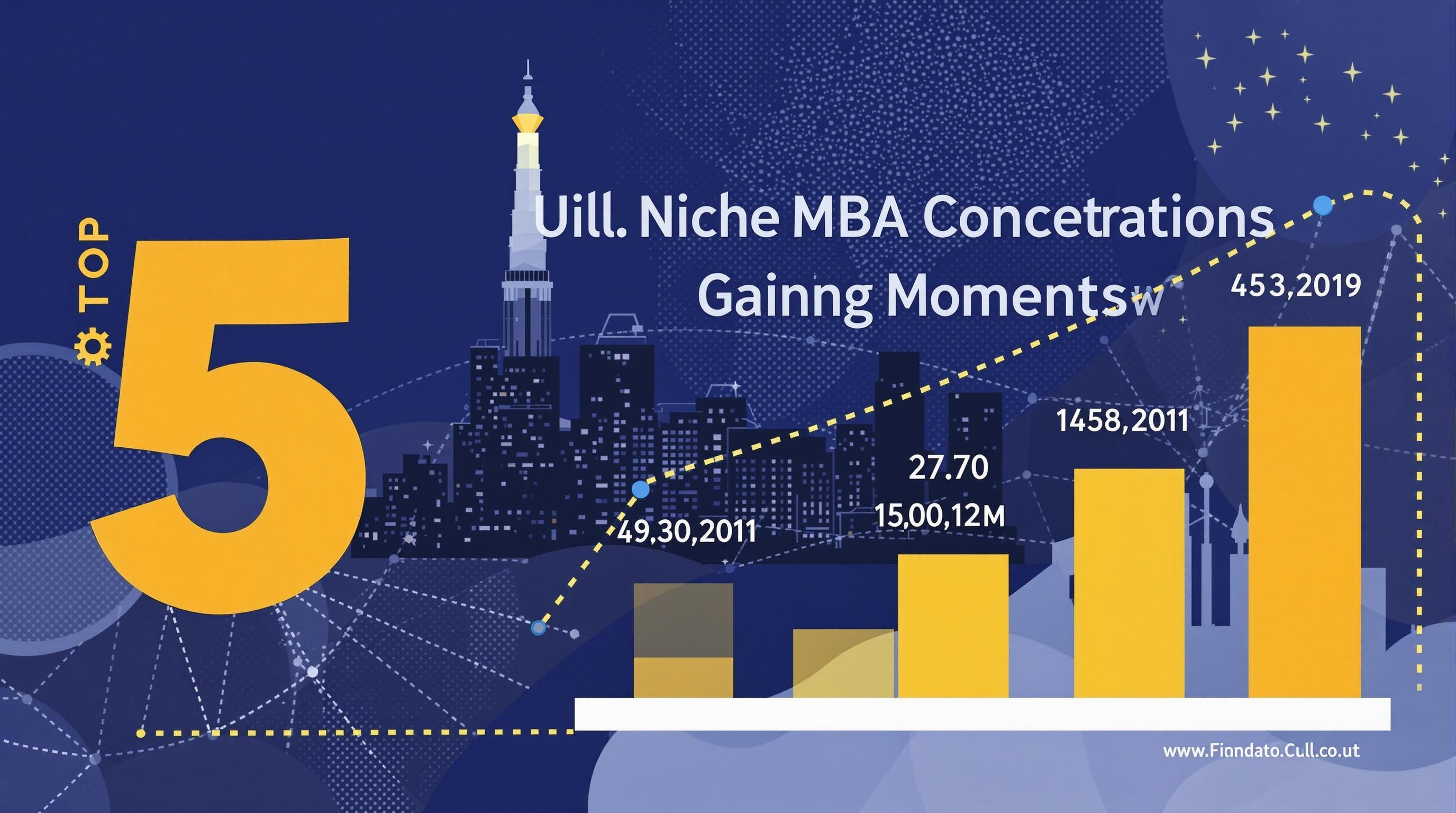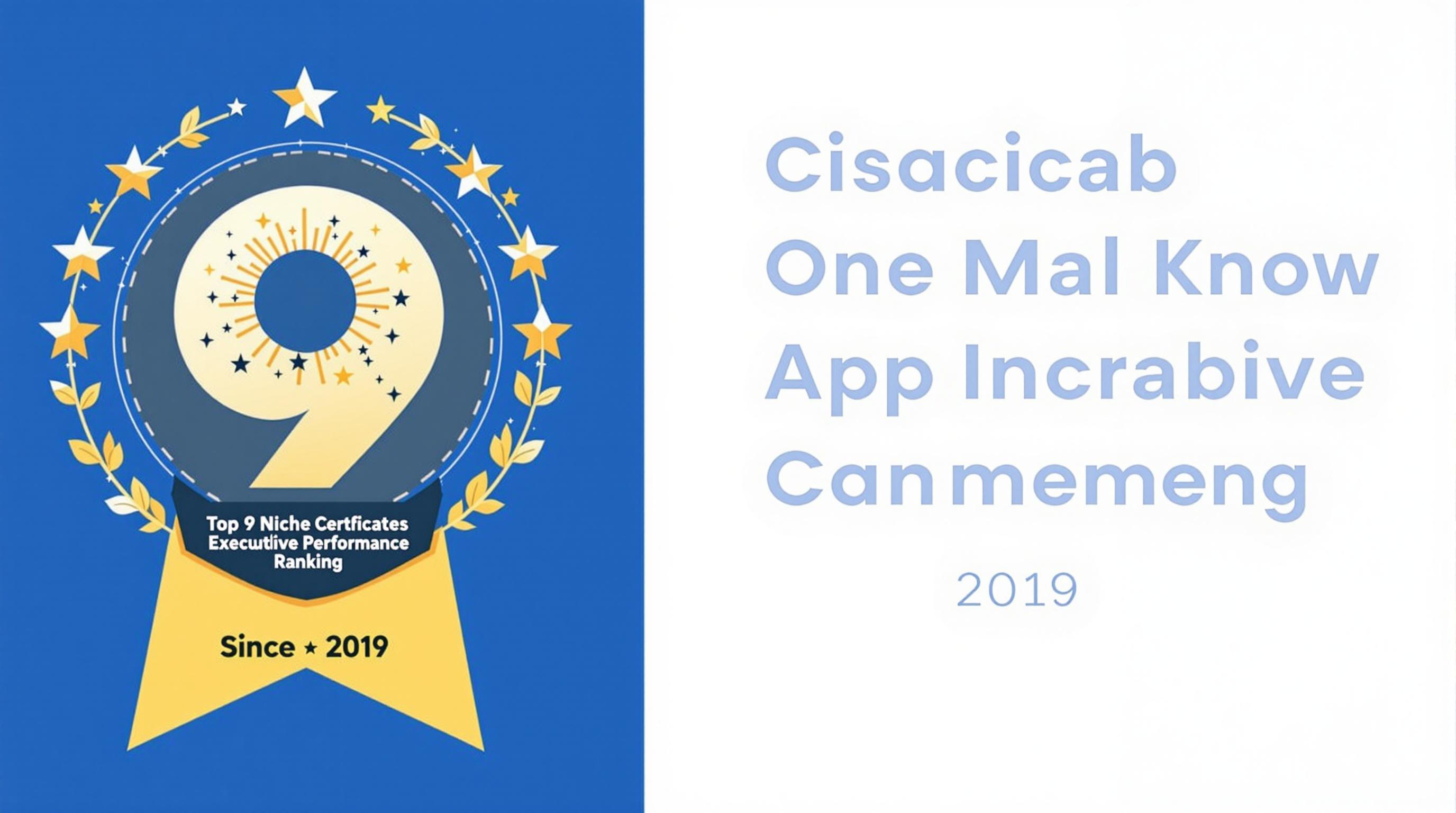Related Articles
- How Experimental MBA Concentrations Quietly Influence Corporate Culture and Decision-Making Strategies
- Top 5 Niche MBA Concentrations Gaining Momentum Since 2019 Ranked by Industry Impact and Growth
- Top 5 Smart Notebooks Released Since 2019 to Revolutionize Your MBA Networking Note-Taking and Follow-Up System
- The Untapped Role of Introversion in Building Stronger MBA Peer Networks and Authentic Industry Bonds
- How MBA Graduates Navigate Ethical Dilemmas in Emerging Markets to Influence Policy and Practice
- 7 Most Disruptive Productivity Platforms From MBA Alumni Launches Changing How Leaders Work Since 2019
Top 6 Innovative Executive Programs Revolutionizing Leadership Development Since 2019: Comprehensive Ranking & Review
Top 6 Innovative Executive Programs Revolutionizing Leadership Development Since 2019: Comprehensive Ranking & Review
Top 6 Innovative Executive Programs Revolutionizing Leadership Development Since 2019: Comprehensive Ranking & Review
Introduction
Leadership development has evolved dramatically since 2019, with executive programs integrating new methodologies and technologies to better prepare leaders for the complexities of the modern world. The combination of digital transformation, global uncertainties, and shifting workforce dynamics demands innovative approaches that go beyond traditional classroom learning. In this article, we explore the top six executive programs that have set new standards in leadership education, backed by rigorous evaluation and global recognition.
These programs stand out not only for their content but also for their delivery modes, ability to foster meaningful connections, and the integration of cutting-edge insights from behavioral science and organizational psychology. By blending theory with real-world applications, they tackle today's leadership challenges in a holistic manner.
Whether you are a seasoned executive seeking to sharpen your strategic thinking or an emerging leader aiming to gain comprehensive skills, this review serves as your guide to the most impactful programs shaping leadership development today.
1. Harvard Business School - Executive Education: Driving Digital Transformation
Harvard Business School's Digital Transformation Program is designed for executives aiming to lead their organizations through technological disruption and innovation. Launched in 2019, it combines in-person lectures with immersive digital experiences, creating a unique learning environment. The program emphasizes the strategic application of AI, data analytics, and digital platforms.
What sets this program apart is its collaboration with tech industry leaders and use of real-world case studies drawn from top corporations worldwide. The faculty includes renowned professors and practitioners who guide participants through the complexities of digital leadership challenges.
Participants praise the program for its actionable frameworks and networking opportunities, which enable them to implement sustainable transformation initiatives. According to Harvard Business Review, this program ranks among the most effective in fostering innovation management skills.
2. INSEAD - Advanced Leadership Program: Cross-Cultural Executive Mastery
INSEAD’s Advanced Leadership Program focuses on developing leaders' capabilities to thrive in global and multicultural environments. The three-module course addresses emotional intelligence, negotiation, and cross-cultural management, tailored to mid-to-senior executives. Since its revamp in 2019, it incorporates immersive simulations and peer coaching.
Its innovative approach includes diversity and inclusion challenges, enabling leaders to understand unconscious biases and leverage cultural differences for organizational growth. The program also uses behavioral analytics to individualize leadership development plans.
Graduates report improved leadership agility and effectiveness in international settings. The Financial Times consistently ranks INSEAD's executive education among the top globally, and this program’s results contribute significantly to that reputation.
3. Stanford Graduate School of Business - Leading Change and Organizational Renewal
Stanford’s program targets senior executives responsible for driving change in dynamic organizations. Launched with an emphasis on design thinking and system-level innovation, it aids leaders in creating adaptive strategies in uncertain environments. The program blends interactive workshops with fieldwork projects.
Stanford leverages its strong research base in innovation by focusing heavily on mindset shifts and building resilience for disruptive change. Collaborative team exercises encourage leaders to experiment with strategies and gain feedback in real time.
This program is well-regarded for transforming participants’ approach to change management and fostering ecosystems for continuous renewal. According to Bloomberg Businessweek, participants consistently report high satisfaction and measurable impact upon return to their organizations.
4. London Business School - Leading Businesses into the Future
London Business School’s executive course focuses on future-oriented leadership, emphasizing sustainability, innovation, and corporate social responsibility. Introduced in 2020, it integrates scenario planning and stakeholder engagement techniques to prepare leaders for ethical and strategic decision-making.
The curriculum involves collaboration with global NGOs and incorporates emerging sustainability trends, offering practical tools to embed purpose-driven leadership within organizations. Participants benefit from a global peer network and expert coaching sessions.
Research from the Aspen Institute highlights this program’s effectiveness in nurturing responsible and visionary leadership, crucial for addressing today’s environmental and social challenges. Alumni report a renewed commitment to sustainable business practices post-completion.
5. Wharton Executive Education - Strategic Leadership Accelerator
Wharton’s Strategic Leadership Accelerator focuses on developing high-impact leaders capable of crafting and executing complex strategies. Updated in 2021, it combines analytics-driven decision-making with leadership psychology and stakeholder management courses.
The program advocates data-backed leadership, with modules on advanced financial acumen, marketing analytics, and operational efficiency. Interactive simulations help executives practice strategic pivots and crisis response.
According to Wharton’s internal assessment, program participants experience significant growth in confidence and results-oriented leadership styles. Industry feedback acknowledges its rigor and relevance in pressuring competitive business environments.
6. IMD Business School - Transformative Leadership Program
The IMD Transformative Leadership Program stands out for integrating mindfulness, emotional intelligence, and ethical reasoning into leadership development. Since its launch in 2019, the program has held a unique position by fostering self-awareness alongside strategic skills.
IMD’s curriculum blends neuroscience research with leadership practice, encouraging reflection and authentic leadership presence. Participants engage in coaching and peer feedback loops that deepen personal growth and team influence.
This program is frequently highlighted in Forbes for its holistic approach. Graduates often credit it with enhancing their ability to lead with empathy and authenticity in complex business landscapes.
Summary of Rankings
All six programs exhibit innovative features tailored to the evolving demands of leadership across industries. Harvard and Stanford excel in technology and change management, while INSEAD and London Business School shine in cultural and sustainability leadership. Wharton provides strong strategy and analytics training, and IMD leads in personal transformation and emotional intelligence integration.
Their consistent high rankings by Financial Times, Bloomberg Businessweek, and other education evaluators affirm their global impact. Organizations investing in these programs report improved leadership outcomes and a stronger alignment with contemporary business challenges.
Choosing the right program depends on your leadership priorities—whether it’s digital transformation, global management, change leadership, future sustainability, data-driven strategy, or personal development. Each program offers distinctive strengths to foster executive growth.
Considerations for Prospective Executives
Before enrolling, executives should assess their career goals against program content and format. Programs differ in duration, delivery (online or in-person), cohort composition, and networking opportunities. Aligning these factors ensures the best fit and maximizes return on investment.
Additionally, reflecting on organizational needs can guide selection—whether the focus is innovation, inclusivity, resilience, or responsible leadership. Many of these programs offer post-course support or alumni engagement, providing continued development beyond the classroom.
As leadership demands intensify, ongoing education becomes essential. The right executive program arms leaders with tools to navigate disruption, inspire teams, and create long-lasting impact.
Conclusion
Since 2019, executive education has embraced innovation that transcends traditional training models, transforming how leaders are developed globally. The six programs reviewed here are exemplars of this revolution, equipping executives to master contemporary challenges with agility, ethics, and insight.
By integrating cutting-edge research, experiential learning, and global perspectives, these programs not only elevate individual careers but also drive broader organizational and societal progress. Aspiring leaders should consider these groundbreaking options to stay ahead in an ever-changing business landscape.
For more information and enrollment details, prospective participants should consult individual program websites and trusted educational reviews including Harvard Business Review, Financial Times, and Bloomberg Businessweek.





